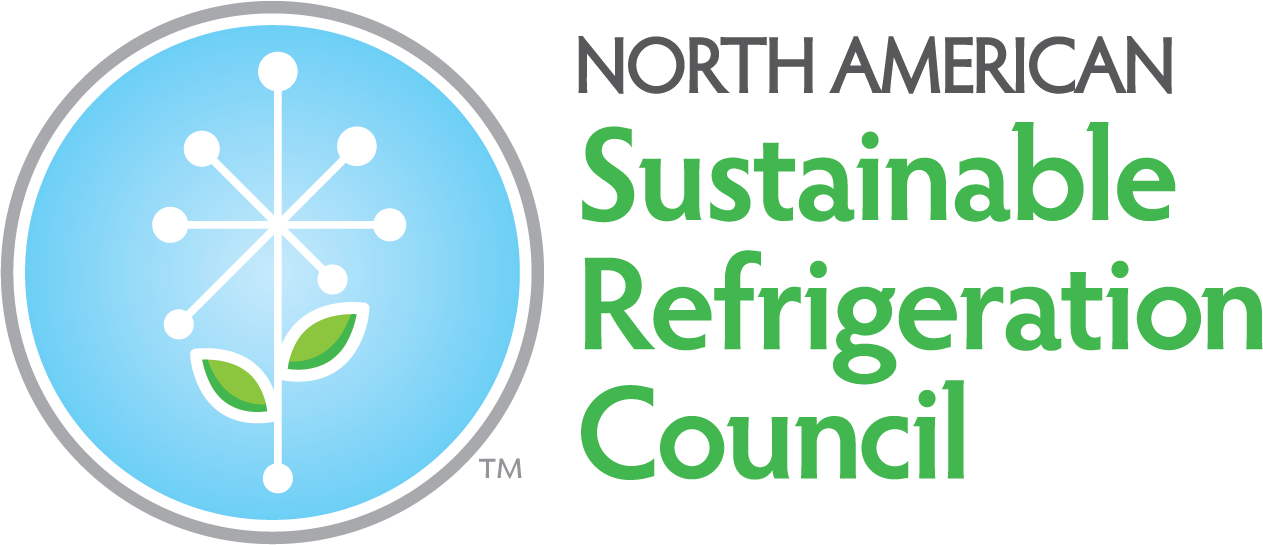NASRC is calling on our members and partners to demonstrate support for the proposed $15 million allocation to refund the California Air Resources Board (CARB) F-gas Reduction Incentive Program (FRIP) for the 2021-22 California budget (see page 9). Without strong demonstrated support from the industry, the proposed funding is at risk of redistribution to other initiatives.
FRIP was established as part of the California Cooling Act (SB 1013) to alleviate the financial burdens associated with ultra-low global warming potential (GWP) refrigerants and was allocated $1 million under California’s 2019-20 fiscal year budget. The initial round of funding provided grants for 13 natural refrigerant projects, which NASRC coordinated under our Aggregated Incentives Program (AIP), see all awarded projects here.
Though the first round of funding demonstrated the potential of the program, it only scratched the surface of offsetting the significant cost burden California food retailers face in transitioning away from HFCs. With the capital cost of replacing a supermarket refrigeration system averaging over $1 million, replacing the roughly 4,000 supermarket locations in California equates to $4 billion in capital equipment costs that must be paid by food retailers operating in the state. This cost burden is only expected to increase with increasing regulatory pressures at the state and federal levels.
What’s Needed?
Given adequate funding renewed over a multi-year period, FRIP’s proven framework could go a long way in supporting the transition, but there is no guarantee that the proposed allocations will be approved. While we are pleased to see such a significant increase in the proposed budget compared to the first round, we are concerned that the money could be redistributed to other initiatives if the California legislature does not hear from the industry.
To that end, NASRC has prepared a template letter of support to help our members and partners demonstrate support for the funding. Our goal is to protect and increase the funding allocations in this and subsequent budget cycles so that FRIP can continue to support California food retailers and also provide a blueprint for other states to follow.
If you are interested to submit a letter of support, please contact us for a template and instructions for submission.




